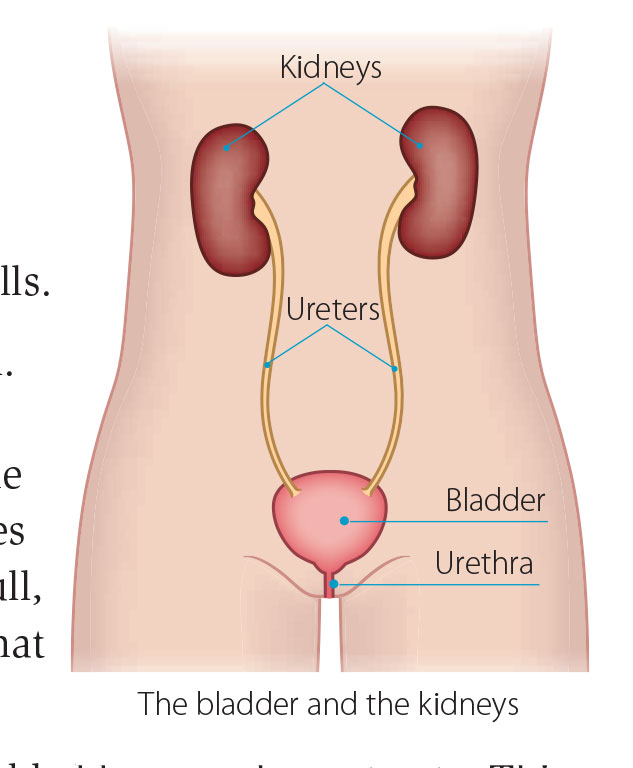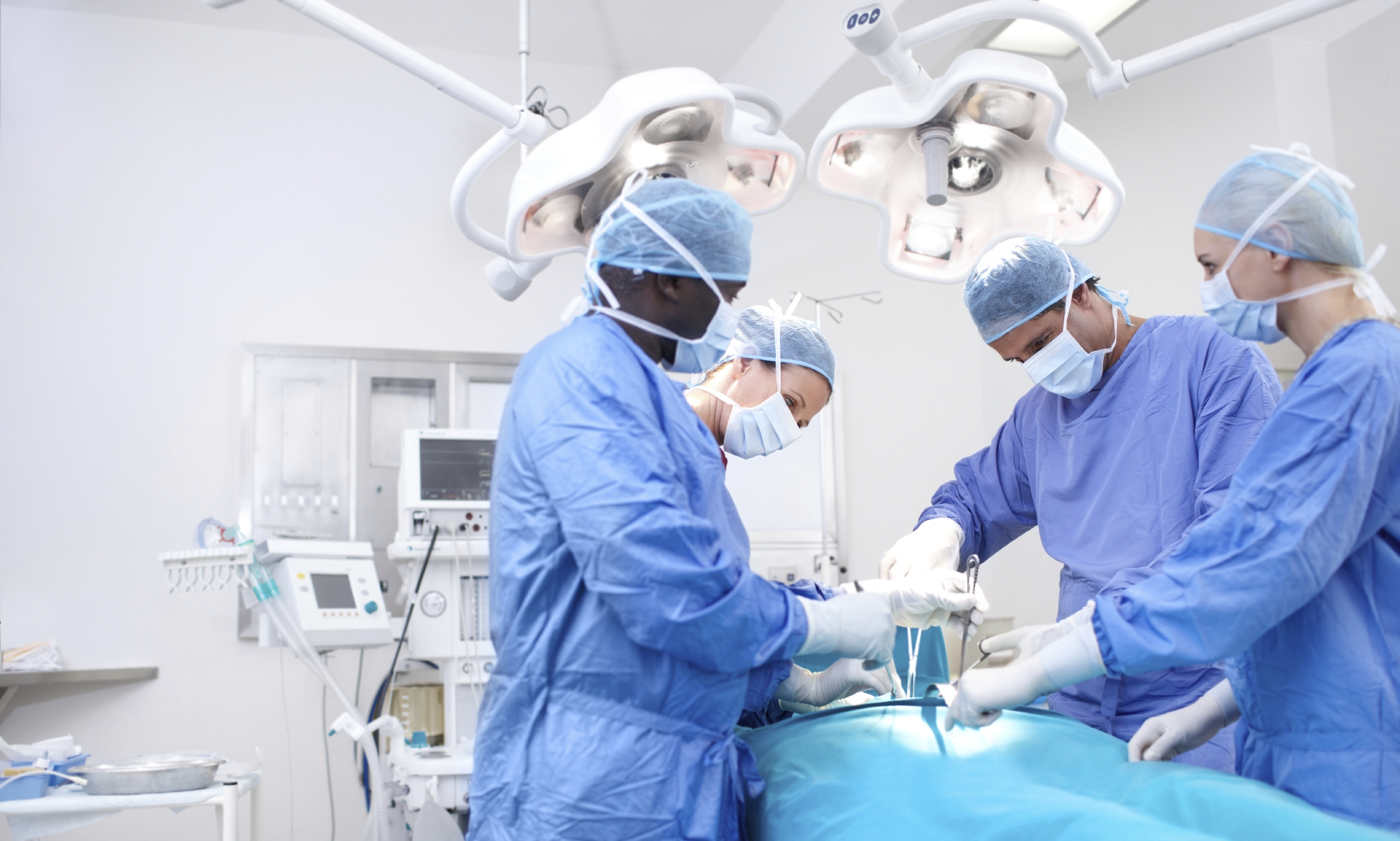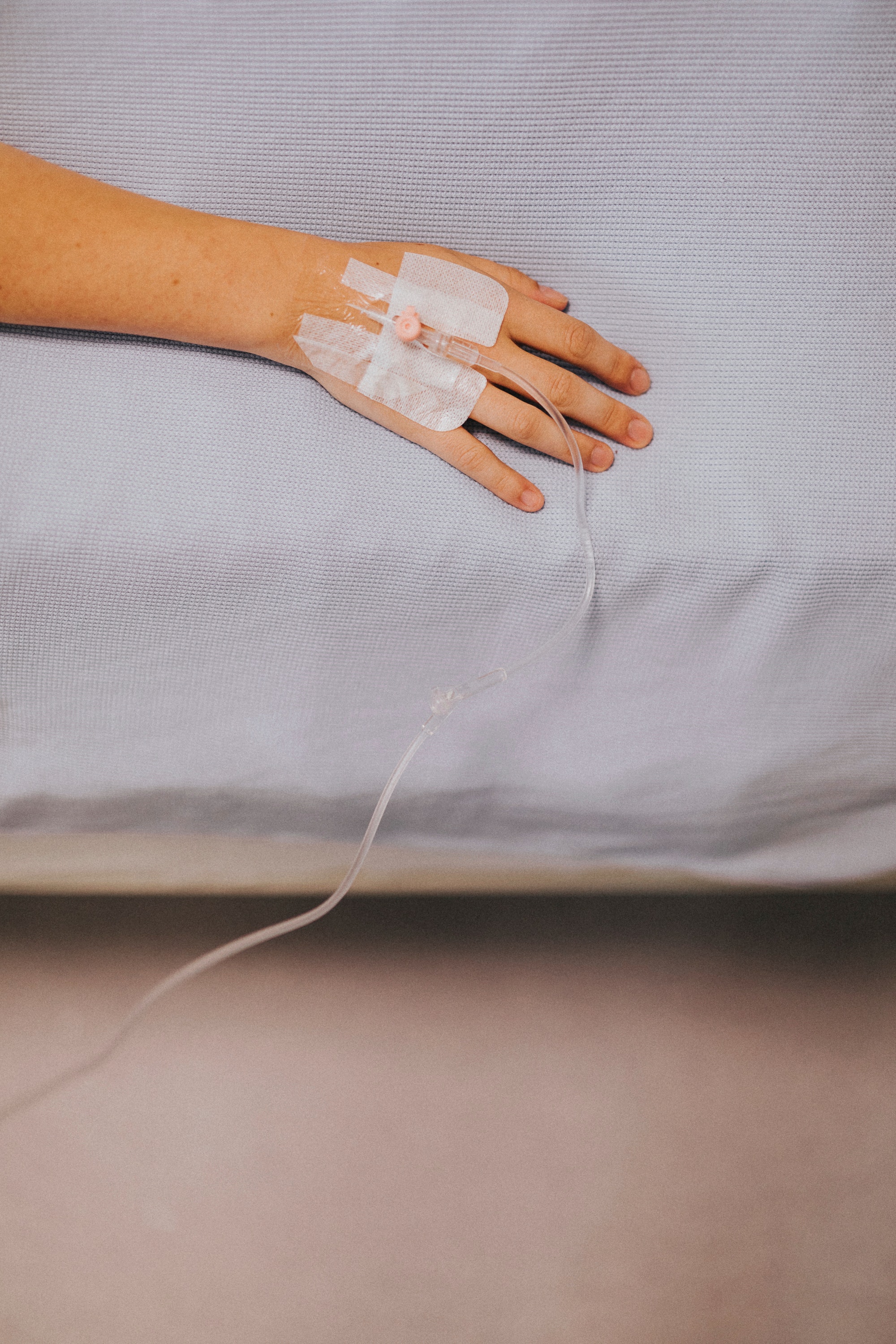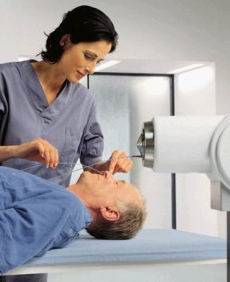
Bladder cancer
Bladder cancer affects about 500 people in Ireland each year. It is more common in men than women.
Bladder cancer is treated with surgery, chemotherapy and radiotherapy, depending on the type.
On this page:
What is bladder cancer?
Bladder cancer starts when abnormal cells appear in the lining of your bladder or in the bladder wall. This can affect how the bladder works.
Bladder cancer can grow in different ways:
Non-muscle invasive cancer: This only affect the cells in the lining of your bladder.
Muscle invasive cancer: This grows into a deeper layer, such as the muscle of the bladder wall.
Advanced bladder cancer is cancer that has spread beyond the bladder, to other parts of the body.
The type of bladder cancer will affect the type of treatment you need.
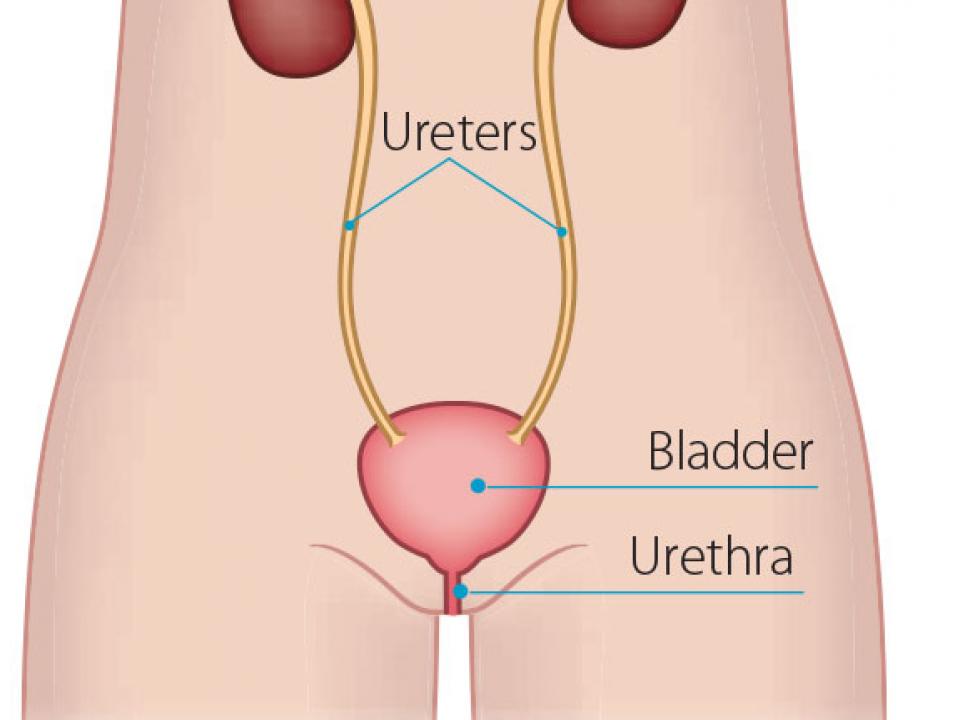
What is the bladder and what does it do?
Your bladder is a hollow organ like a balloon that sits in your pelvis - the lower part of your tummy between your hips. The bladder has a number of layers. The bladder wall is made of muscles and lined with cells known as urothelial (‘yur-o-thee-lee-all’) cells.
Your bladder stores urine (wee) until it is full. When you need go to the toilet, the bladder muscle contracts. This forces the urine out through a tube called the urethra.
More information about bladder cancer
More information about a bladder cancer diagnosis
More information about bladder cancer treatment
Treatment for bladder cancer includes surgery. chemotherapy and radiotherapy. For more information about general treatments for bladder cancer visit our treatment section. For information on specific treatments use the links below.
Coping with bladder cancer treatment and side-effects
Looking for support?
Our cancer support section contains information and advice on coping with cancer for diagnosed patients and their loved ones.


The Irish Cancer Society uses the most up-to-date cancer statistics from the National Cancer Registry Ireland, available on www.ncri.ie
For more information
Phone
1800 200 700
